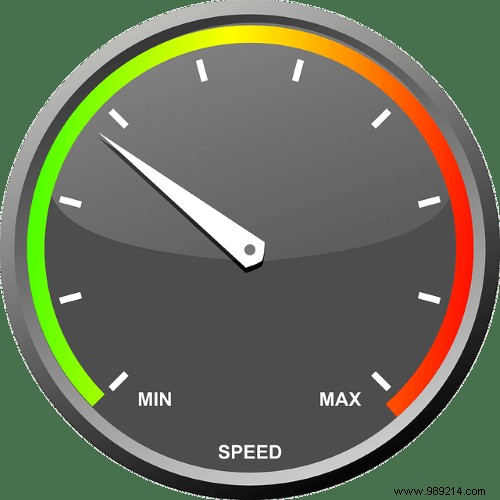If you use the Internet regularly, you've heard of the term "bandwidth". This is usually in the context of not having enough or having less than the day before. But what is it, and how did it get to be as fast as it is today?
ContentsWhat is Bandwidth?How Has Bandwidth Evolved?What is Bandwidth Throttling?Banding UpEssentially, bandwidth is the speed at which a cable can transmit data at maximum output. All types of cables have bandwidth, but you're more likely to hear the term around internet services. Bandwidth itself is not a measure of speed, but it represents the maximum speed that can be achieved. It's as if a truck's total cargo space isn't a measure of how much cargo it's carrying at the time, but a representation of the maximum it can carry.
There are a few things that define how much internet bandwidth you have. First, your bandwidth is defined by your home connection. The faster your connection can transmit data, the more bandwidth you have. For example, people using a fiber optic connection will have faster speeds than someone with copper cable because fiber optics naturally transmit data faster.
It also depends on the Internet Service Provider (ISP) that provides the Internet. Two companies can provide fiber optic connections to two houses side by side, and one house can enjoy faster speeds than the other.
Finally, the bandwidth you get on your device depends on other users on your network. If you have a download speed of 50 Mbps, that's the total bandwidth provided to your router. When someone joins the network, they take a “slice” of that bandwidth as they browse. If it's just you, you get the full amount – as more people join, you'll see your speed decrease as other users download files and play games online.

If you've ever experienced bandwidth throttling, you'll know how annoying it can be. Throttling occurs when the ISP deliberately reduces the connection speed to your router. Typically, this is done after you exceed a specific data cap set in your contract, and ISPs slow you down to make room for other users. This translates to much slower download speeds for you until the next data cap period – usually the following month.
When your bandwidth is limited, there's not much you can do on your end to recover your speed. As long as you depend on your ISP to get your internet, you can't bypass a throttle. People who are limited may want to set up a mobile hotspot on their phone and use their 4G data instead.
Bandwidth is an important element of the Internet, but it is not very explicit. This relates to the speed your device receives from a connection, whether full or shared and slow.
Have you ever lived with a bandwidth hog? Tell your stories below!